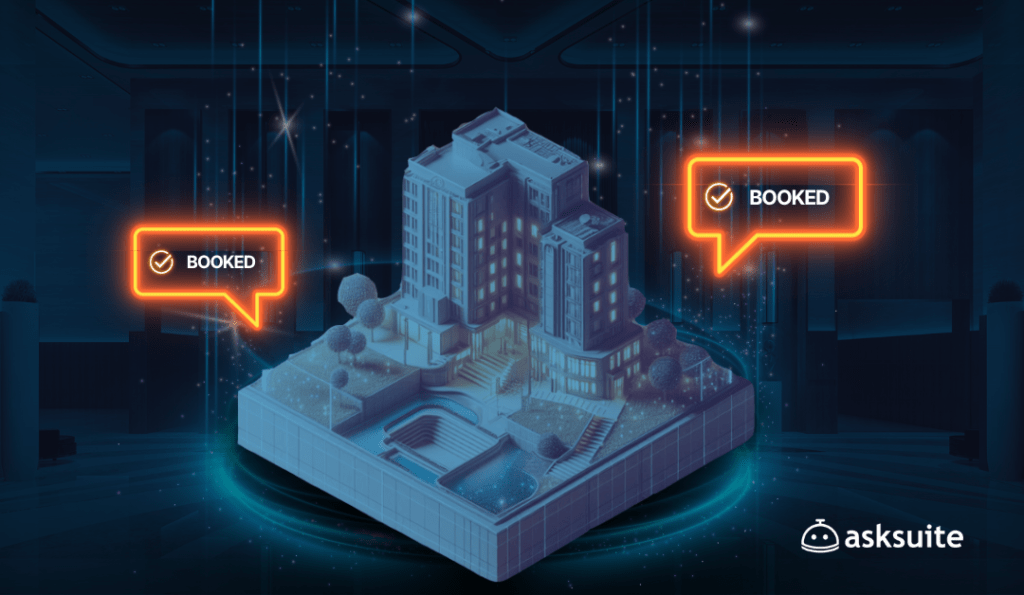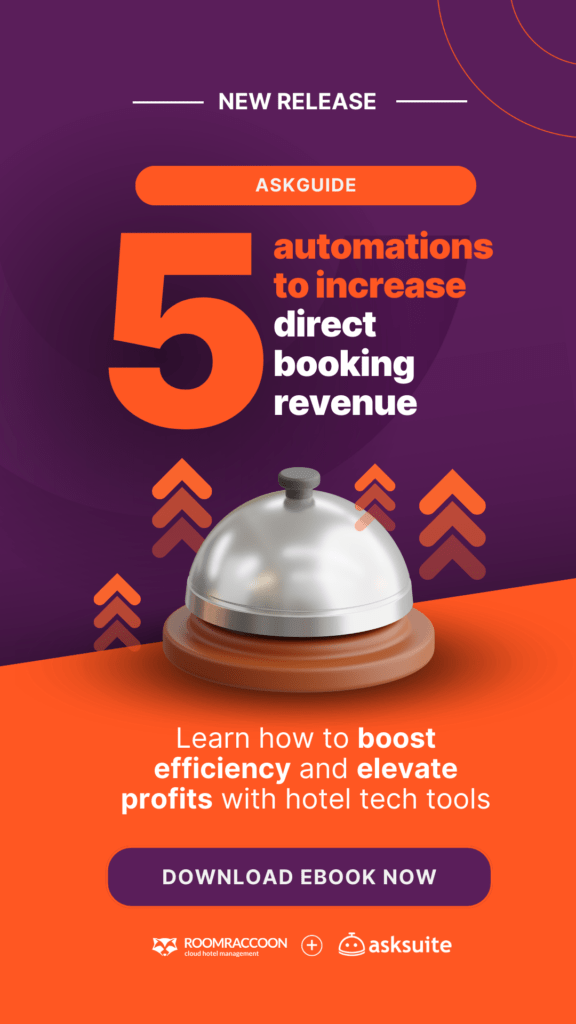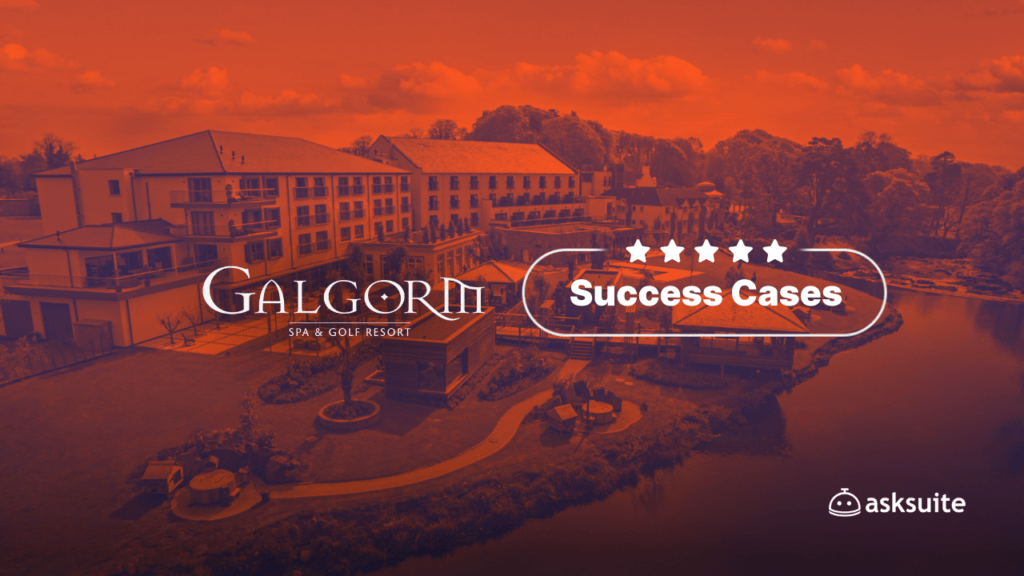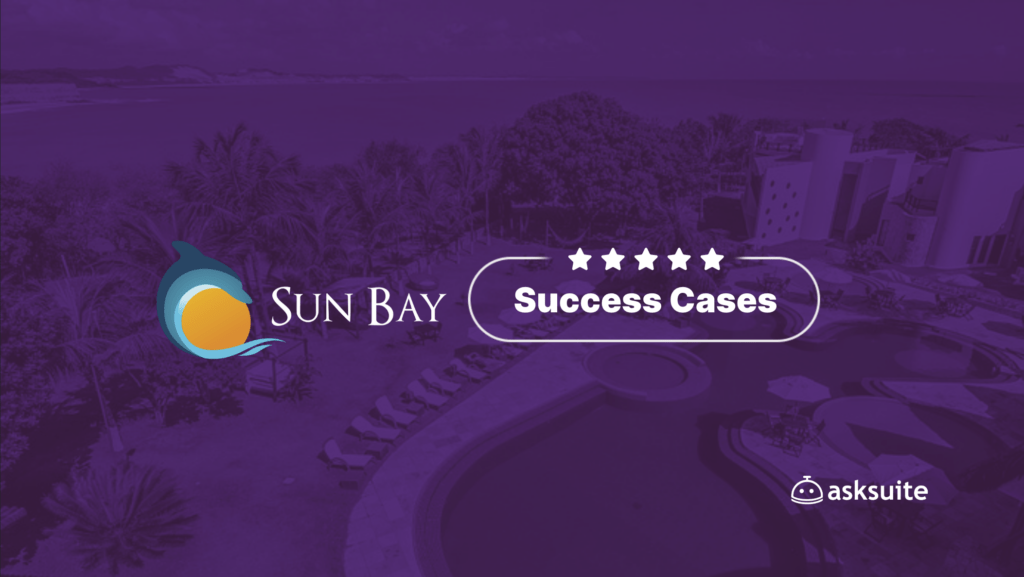In the hospitality industry, centralized reservation teams play a pivotal role in managing bookings, providing customer service, and driving revenue. As hotel groups strive to optimize their reservation processes in an increasingly competitive market, structuring a high-performance team emerges as a critical, yet challenging, endeavor. The attention should be focused on achieving the perfect blend of skilled personnel, effective technology, structured management, cultural sales environment and streamlined processes.
What are the main operational issues when there’s no reservation center?
Some hotel groups still opt to work without a reservation center, assisting both potential and in-stay guests directly from their front desk. The issue is lack of focus. Let’s imagine a very common situation. A front-desk agent is checking in a guest, and there are 2 more guests waiting to be assisted. Then, the phone rings. What should this agent do? Answer the phone or assist the guests in front of them? You probably agree that the agent should always prioritize in-person guests. But imagine the unanswered call is a price quote for a group of 50 people. This dilemma happens every day, leaving a lot of money on the table.
The second issue is people-related. Usually a reservation agent’s skills are different from a front-desk agent. While one should be focused on sales, persuasive communication, the other is more about empathy and problem-solving skills.
The other factor is associated with their performance goals. A reservation agent should have sales, ticket, and conversion rate targets, while a front-desk agent may be measured by the number of positive and negative reviews, some kind of real-time NPS evaluation, and so on.
Aligning the team strategy with the group’s vision
Before starting this centralization move, the hotel group should clearly define their goals for this project. Is it to achieve a certain percentage of direct bookings within 2 years? What is the budget and the expected return on investment in sales to make it worthwhile?
Recruiting the right players
First, it’s important to bring a senior reservation manager or director on board to structure the policies, and build their team. Finding someone with a great track record would make a big difference.
At the heart of a high-performance reservation center is a workforce that is not only skilled in customer service and sales but also deeply knowledgeable about the hotel’s offerings and the broader tourism industry. The challenge is finding and nurturing such talent.
Recruiting team members who can upsell, handle complex bookings, and provide exemplary service requires a rigorous selection process and ongoing training programs. Moreover, the global nature of the hotel business demands language skills and cultural awareness, adding layers of complexity to recruitment and training.
Leveraging AI & technology to scale the hotel group growth
One of the main challenges in growing a hotel group is to reduce the proportion of people for the key departments while adding new properties. The reservation center plays a crucial role because customer service demands in reservations grow whenever a new property is added.
So, the question becomes: how many reservation agents are necessary per property for customer service? One of Asksuite’s group clients said that they were only able to create a centralized reservation team because of Asksuite’s AI Assistant, which is responsible for automating more than 50% of the volume on unnecessary phone calls, emails and social media messages. Thanks to AI, they are now running 24 properties with only 8 agents, so that’s just 1 agent per 3 properties.
Therefore, the most modern concept for structuring the reservation team involves deploying AI to automate responses to FAQs, which may represent up to 50 to 70% of these questions, freeing up human agents to focus 100% on sales & revenue.
Another important thing to keep in mind is the importance of price quote follow-ups. Reservation agents usually don’t have time for this. Based on Asksuite data, if you ensure the right follow-up message, at the right time and on the right channel, it increases the conversion rate by more than 35%.
Register here to learn more about how to automate price quote follow-ups with the new Asksuite solution: AskFlow Automation.
Implementing the Omnichannel Concept for Reservations
In the past, customer service in hospitality was only about emails and phone calls. But in the new world of conversational marketing & revenue, messaging and social media are now crucial to interact with potential customers.

WhatsApp has become a really popular channel for customer service and reservations in hospitality. Here you can download the Asksuite’s 1st Annual Report on Customer Service & AI in Hospitality with data from more than 80M travelers assisted. By analyzing data, we can see that during the reservation process customers are switching from one service channel to another. With an Omnichannel platform, the reservation team can track every time this happens. Ex: If someone sends an email today, a WhatsApp message tomorrow, and then calls your hotel one week later, there’s just one chat history for that one customer.
With this omnichannel experience, the agents increase their productivity by not asking the traveler for info they already provided on another channel.
Data & Ongoing Training
There is also the ongoing task of training staff to correctly use technologies and sales strategies. Hotels typically receive a lot of inbound price quote requests, so you need to be able to track the entire volume of quotes and conversion rates per channel and agent.
With this data at hand, you can easily identify who are your top performers, and those who have gaps to improve. This way, agents can learn by simply looking at the system to understand how the top performers are assisting potential guests.
Is investing in a high-performance reservation center worth it?
- Skilled reservation professionals focused on demands that requires human attention;
- Cutting-edge hospitality technology dedicated to optimizing 24/7 direct booking processes;
- Front-desk staff dedicated to real-time, personalized interactions;
- Sustained revenue growth aligned with business objectives.





